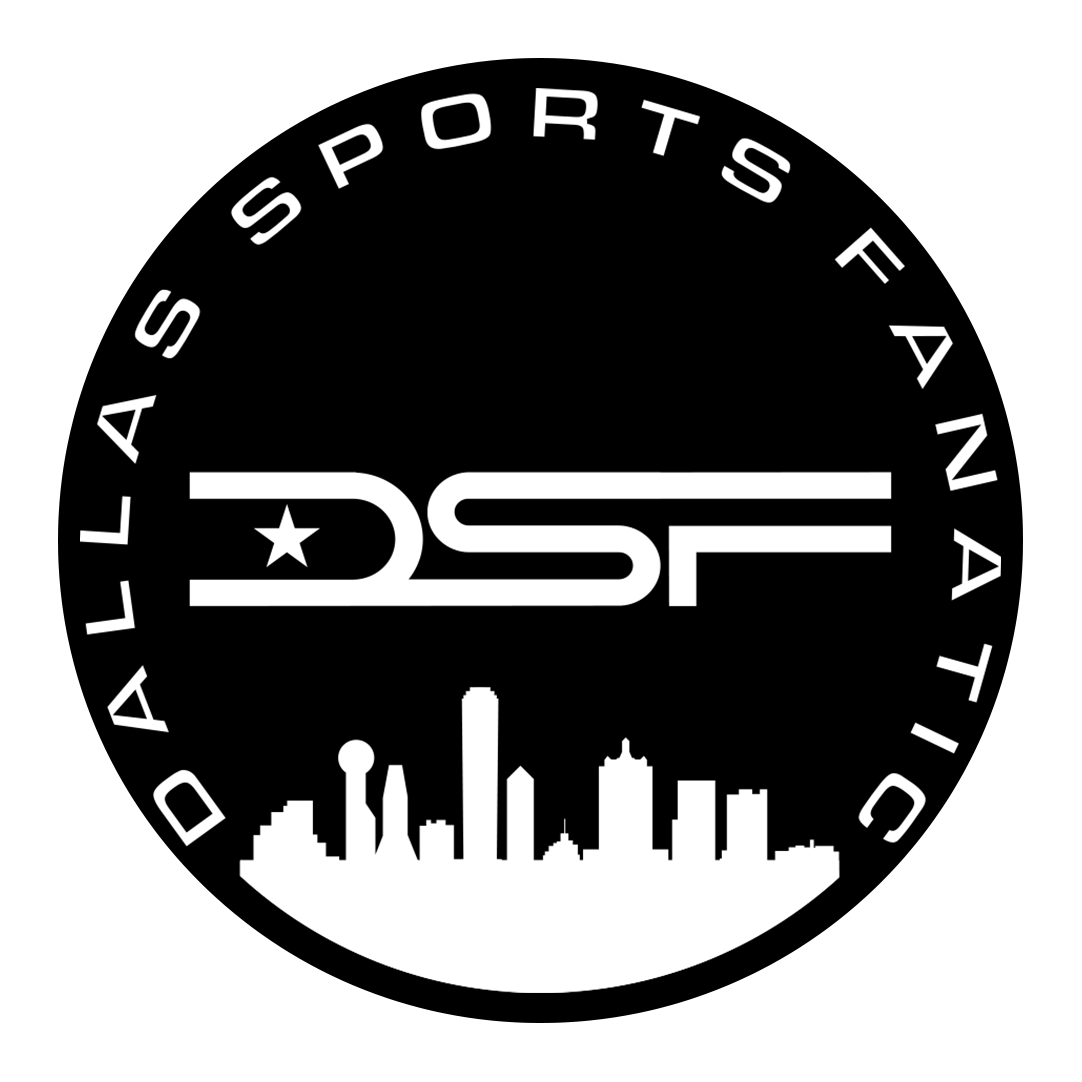In a season that featured future Hall of Fame player Adrian Beltre reach the milestone of 3,000 career hits, not much else seemed to go right for a Texas Rangers team whose 2017 season was nothing more than inconsistent.
However, 2018 is a brand new season which means that the Rangers’ 78-84 record last season can get revived in order for the Rangers to get back to the postseason as they did in their previous five-of-seven seasons before 2017.
One of the most important things that the Rangers must improve upon this season is their pitching. In 2017 the Rangers ranked No. 21 in the MLB in sortable pitching with an average ERA of 4.66, and the starting rotation saw lots of shuffling outside of Cole Hamels presiding over the top spot.
Equally woeful, the Rangers ranked No. 29 in the MLB in total saves and had just 29 of them, but that could be resolved this season with the offseason signing of long-time San Francisco Giants pitcher and three-time World Series Champion Tim Lincecum. Lincecum, who last pitched in 2016 for the Los Angeles Angels and has also won two NL Cy Young Awards, adds much needed energy to a Rangers bullpen that looked depleted for the majority of 2017.
In fact, Lincecum had seven consecutive 10-win seasons before having surgery to replace a torn labrum. If the Rangers insert him into the closing pitching position and move Matt Bush to the starting rotation, the Rangers could see increased efficiency in the finish of their games.
Aside from pitching, the Rangers must show more patience and better swing selection in the batter’s box. Despite ranking No. 3 in home runs in 2017 with 237 of them, the Rangers’ offense was stagnant for the most part. Specifically, their .244 batting average ranked No. 26 in the league, their 1,326 total hits ranked No. 27 in the league, and their 255 doubles ranked No. 25. As a result, the mere 78 wins speaks for itself and the Rangers must avoid falling behind in the count when batting like they did last year if they want to get more offensive production.
One Rangers player in particular who must return to a consistent stature is second baseman Rougned Odor. Following a six-year contract extension worth $49.5 million in March 2017, Odor has yet to prove he’s worth that money and actually saw steep declines on offense last season by way of his hitting total decreasing by 40 hits, his RBIs decreasing by 13, and his home run total decreasing by three, none of which the Rangers wanted to see in the player who before 2017 looked like he could be the next face of the franchise.
Additionally, the Rangers need some of their newer and younger players, such as 24-year-old third baseman Joey Gallo and 22-year-old outfielder Nomar Mazara, to improve their batting averages and get on base more often.
If these things happen, then the Rangers could climb back to competing for a playoff spot in the near future.

You must be logged in to post a comment Login
You must log in to post a comment.